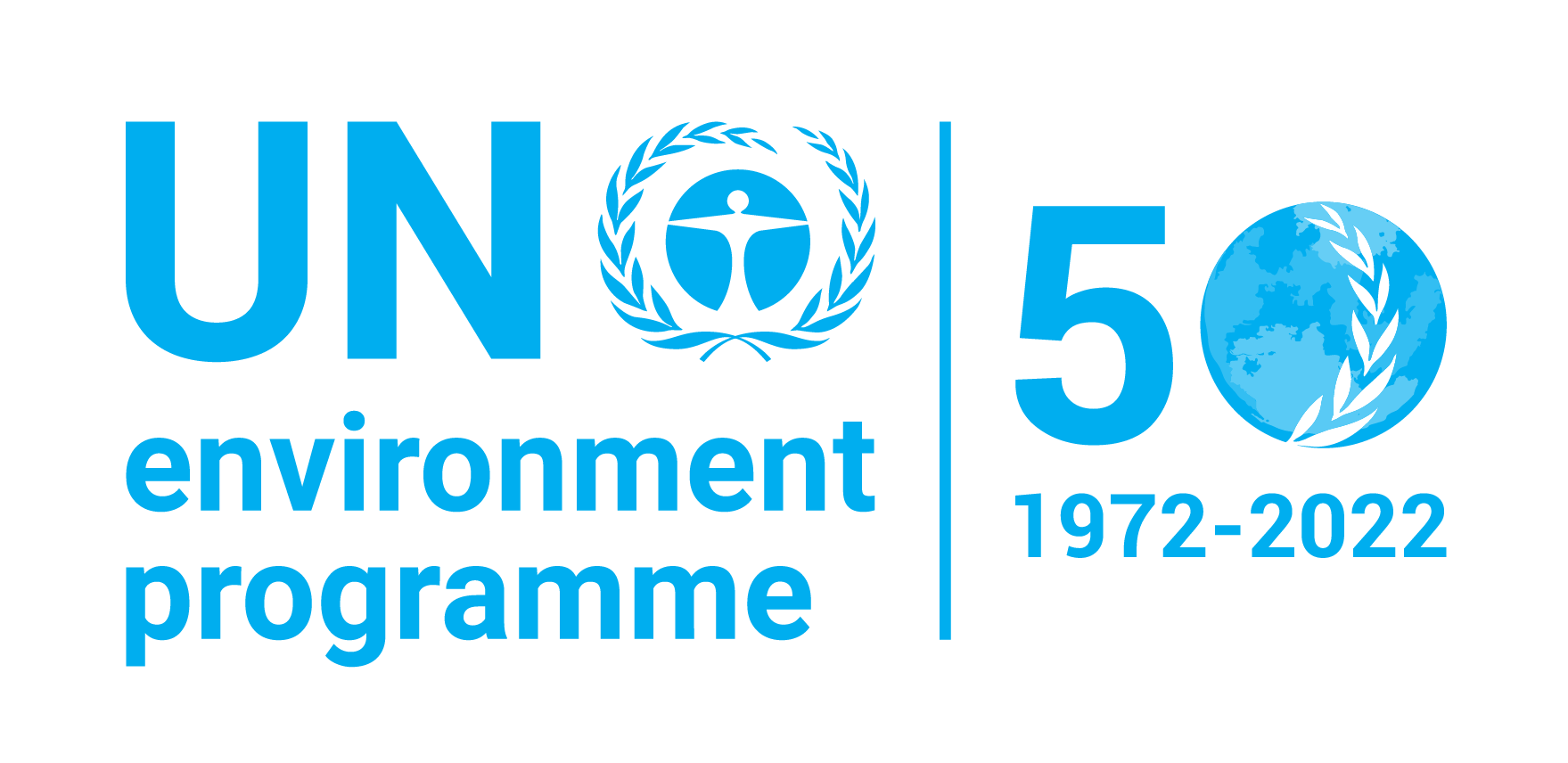Circular Cities
Smart Sustainable Cities and Circular Economy Knowledge Creation
Cities around the world are finding ways to promote and sustain a circular and sustainable living. Circular economy principles focus on eliminating waste, circulating products & materials, and regenerating nature. Circular economy models have become fundamental principles to smart cities development and sustainable life. Early smart cities planning stages require data and understanding of its current waste, energy, and water flows. City planners can spread awareness, develop impactful policy planning and efficient decision-making for a smart sustainable city
and circular economy.

Regional Dialogue on Circular Cities
In this module, we aim for showcasing and prompting stakeholders towards new models of circular economy sustainable cities was held successfully. We would like to invite you to see intertwining aspects between the circular economy and its dynamics for creating sustainable cities especially in the context of massive, and rapid, urbanization. We hear claims that circular economy models will be the most powerful trend of the world to tackle global challenges. Most of us could be familiar with rapid urbanization as we may also be the ones who grow up, live, and learn outside but come to work ‘inside’, in the city of civilization. In this course we will provide key materials to shed light in on rapid urbanization and circular economy that must come along to form what are called ‘circular cities’. There is a repository of information on the role model countries from all over the world: Mongolia, Malaysia, and Finland. We can see the problems they had, what they have done to tackle those problems, and what they plan to do to keep their sustainable cities sustainable.

